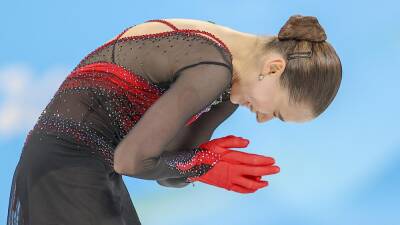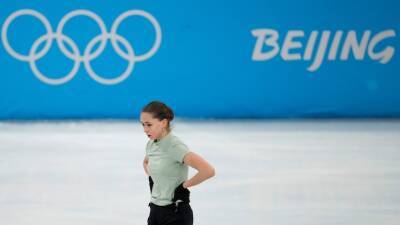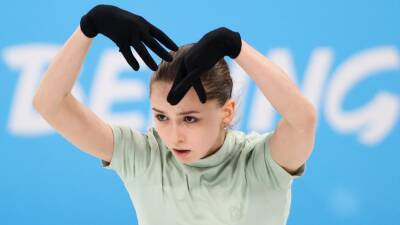WADA back in the spotlight with Russian Valieva's doping case
BEIJING : The World Anti-Doping Agency (WADA) on Friday was thrust into the spotlight at the Beijing Olympics after Russian figure skating gold medallist Kamila Valieva tested positive for a banned substance but the result took weeks to be reported.
The 15-year-old sensation, who dazzled with her quadruple jumps to help the Russian Olympic Committee (ROC) win gold in the team event on Monday, was tested by the Russian Anti-Doping Agency (RUSADA) on Dec. 25 at the national championships
Her positive result, however, was reported from a WADA-accredited laboratory in Stockholm, Sweden, only on Tuesday, according to the International Testing Agency (ITA), the day after Valieva won the Olympic gold medal with her team.
The lab has been contacted by Reuters for comment.
The weeks-long delay for the sample result to be reported is highly unusual given Russian athletes are competing in their third consecutive Olympics as ROC athletes, without their flag or anthem for state-sponsored doping at the 2014 Sochi Games.
Russia has acknowledged some shortcomings in its implementation of anti-doping rules but denies running a state-sponsored doping programme.
They are also the most tested team ahead of the Games with the International Olympic Committee (IOC) eager to avoid any doping scandals that tarnished previous Games.
David Howman, the former long-time Director General of WADA, told Reuters the timeline of events in this case made no sense.
"If the sample was taken... before the Games, why didn't RUSADA push the Swedish lab to get the results?" he said.
"The other responsibility is with WADA. They knew what samples would have been taken and needed to be analysed," he said.
"And thirdly, the International Skating Union (ISU) would have known






